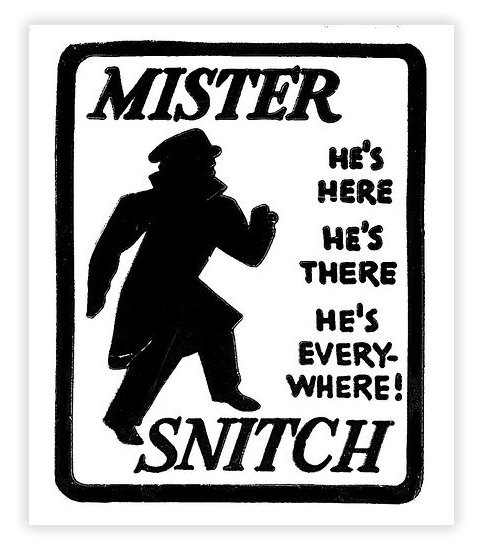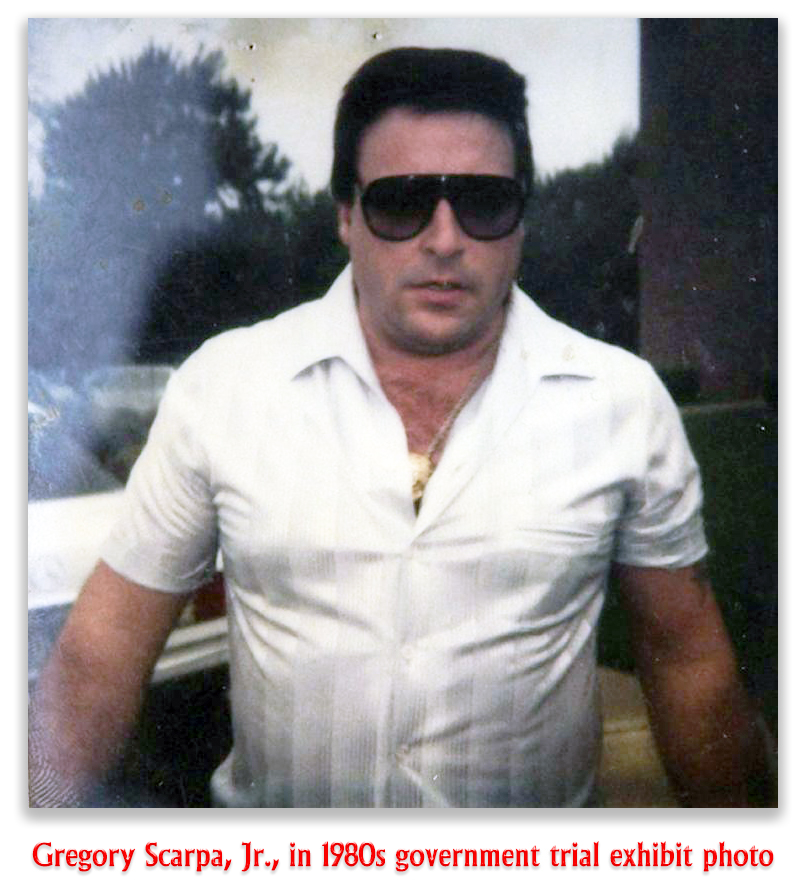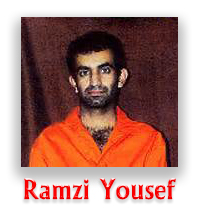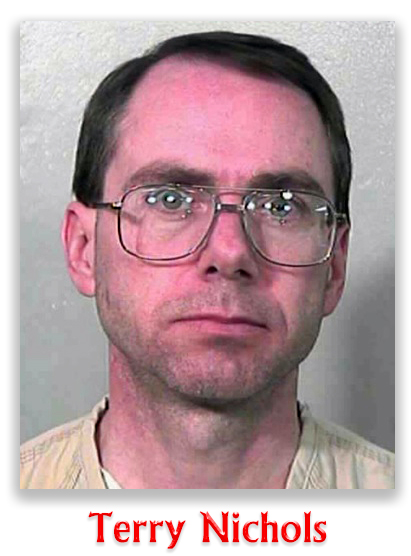We post news and comment on federal criminal justice issues, focused primarily on trial and post-conviction matters, legislative initiatives, and sentencing issues.
IF YOU’RE GONNA SNITCH, SNITCH WELL
Defendants rat out other defendants. It’s the way of the world, especially because the federal sentencing structure places so much power in the hands of the United States Attorney to control a defendant’s destiny.
 The government can control application of mandatory minimum sentences by what counts it brings and which counts, as part of a plea deal, it dismisses. It controls which facts it brings to the court’s attention at sentencing (such as deciding to mention the hunting rifle agents found in a drug defendant’s closet – which will get a 2-level enhancement and make him ineligible for a “safety valve” reduction under 18 USC 3553(f) – or deciding the gun had nothing to do with the crime, and so omitting its mention. It even controls the timing of the criminal case by deciding when within the 5-year period of limitations to bring an indictment.
The government can control application of mandatory minimum sentences by what counts it brings and which counts, as part of a plea deal, it dismisses. It controls which facts it brings to the court’s attention at sentencing (such as deciding to mention the hunting rifle agents found in a drug defendant’s closet – which will get a 2-level enhancement and make him ineligible for a “safety valve” reduction under 18 USC 3553(f) – or deciding the gun had nothing to do with the crime, and so omitting its mention. It even controls the timing of the criminal case by deciding when within the 5-year period of limitations to bring an indictment.
It’s no wonder that smart defendants figure out very quickly that if they want a break, they had better give the government something on someone. In FY 2016, 11.1% of defendants did so before sentencing, winning downward departures for providing substantial assistance to the government. Another 8.2% had sentences set below the guidelines range because of government sponsorship, many of which were because of some assistance given to law enforcement.
Finally, for about 1.8% of inmates who miss the boat at sentencing, F.R.Crim.P. 35(b) provides post-sentence relief for people who provide assistance to he government after sentencing.
Anyone who provides assistance to the government knows that only the government controls whether any sentence credit will be awarded. To get credit at sentencing, a defendant has to hope the government files a USSG § 5K1.1 motion. If the assistance comes after sentencing, a sentence reduction can only be granted under F.R.Crim.P. 35(b), and again, only the government is allowed to file that motion.
 Greg Scarpa, a self-described “made” member of the Colombo crime family, got locked up in 1988 for something like 482 months on a RICO beef. While in MCC New York, Greg had a cell next to 1993 World Trade Center bomber Ramzi Yousef. Greg colluded with Ramzi, and told government agents a whopper that led them on a wild-goose chase. At a 1999 sentencing, Greg’s judge hammered him for lying to the government, and excused the U.S. Attorney from filing a 5K1.1 motion.
Greg Scarpa, a self-described “made” member of the Colombo crime family, got locked up in 1988 for something like 482 months on a RICO beef. While in MCC New York, Greg had a cell next to 1993 World Trade Center bomber Ramzi Yousef. Greg colluded with Ramzi, and told government agents a whopper that led them on a wild-goose chase. At a 1999 sentencing, Greg’s judge hammered him for lying to the government, and excused the U.S. Attorney from filing a 5K1.1 motion.
 After Greg went back to prison, he testified on several occasions against mobsters who were attacking their sentences. But his testimony was found to be “problematic,” which is to say more than one judge found him to be unhelpful and a liar.
After Greg went back to prison, he testified on several occasions against mobsters who were attacking their sentences. But his testimony was found to be “problematic,” which is to say more than one judge found him to be unhelpful and a liar.
Finally, in 2005 Greg found himself celled next to Terry Nichols, one of the two Oklahoma City bombers. Greg approached law enforcement again, telling that that Terry had admitted that a batch of explosives was hidden in Terry’s former residence. By this point, no one believed him, and after he failed an FBI polygraph test, the agents told him never to call them again.
 Greg told his own investigators about the hidden bomb-making materials, and they told a congressman, who in turn pressured the FBI. Agents finally searched the old residence, and lo and behold, they found the bomb-making parts.
Greg told his own investigators about the hidden bomb-making materials, and they told a congressman, who in turn pressured the FBI. Agents finally searched the old residence, and lo and behold, they found the bomb-making parts.
Greg had his lawyer write to the U.S. Attorney to ask for his Rule 35(b) motion. The U.S. Attorney refused, saying that “Scarpa’s info is suspect, his sources are suspect, and even if he did provide the info, the Eastern District is not interested in giving him Rule 35 relief. I asked if they would proffer him for his additional info, and they say they do not want to spend the money or the effort. All this is based upon his past track record.”
Greg had a 2255 motion pending, so he supplemented it demanding that he get his Rule 35(b) motion. The government responded with a history of Greg’s prevarications. Meanwhile, Greg had outlasted his previous judge, who retired, and got a new district judge who decided that the U.S. Attorney’s discretion “is not entirely immune from judicial review.” Citing Wade v. United States, the district court held that Greg would be entitled to relief if the U.S. Attorney’s refusal to move for the 35(b) “was not rationally related to any legitimate Government end.” Believing the U.S. Attorney had no legitimate basis to withhold a sentence reduction, the district court cut Greg’s sentence by 120 months.
Last week, the 2nd Circuit reversed the sentence cut. It is true that a defendant is entitled to a Rule 35(b) reduction if the U.S. Attorney’s refusal to move for sentence cut was for an unconstitutional reason or “is not rationally related to any legitimate Government end.” But here, the 2nd said, the government had legitimate reasons to spare. The “legitimate governmental concerns included, inter alia, findings of judges in three federal cases that Scarpa has given sworn testimony or statements that cannot be credited, along with the government’s 1999 (sealed) submissions describing the prior “variety of wild-goose chases,” induced by Scarpa in the guise of proffering substantial assistance.”
 The Circuit was clearly offended that Greg had tried to game the U.S. Attorney with phony information on several prior occasions. “Willfully making materially false statements to the government is in itself a crime, and Scarpa’s history of false statements was of special concern to the government in the circumstances at issue here. Such concerns cannot be deemed irrational… Such fraudulent cries of “Wolf” not only cause the misallocation of government resources, but they also make less likely an appropriate government response if the man who cried “Wolf” subsequently sounds an alarm that is genuine. Plainly, it is a legitimate government objective to deter such fraudulent proffers, rather than to encourage them by indicating that, so long as a genuine alarm is sounded eventually, the former parade of frauds is forgiven.”
The Circuit was clearly offended that Greg had tried to game the U.S. Attorney with phony information on several prior occasions. “Willfully making materially false statements to the government is in itself a crime, and Scarpa’s history of false statements was of special concern to the government in the circumstances at issue here. Such concerns cannot be deemed irrational… Such fraudulent cries of “Wolf” not only cause the misallocation of government resources, but they also make less likely an appropriate government response if the man who cried “Wolf” subsequently sounds an alarm that is genuine. Plainly, it is a legitimate government objective to deter such fraudulent proffers, rather than to encourage them by indicating that, so long as a genuine alarm is sounded eventually, the former parade of frauds is forgiven.”
United States v. Scarpa, Case No. 16-303 (2nd Cir., June 22, 2017)
– Thomas L. Root

